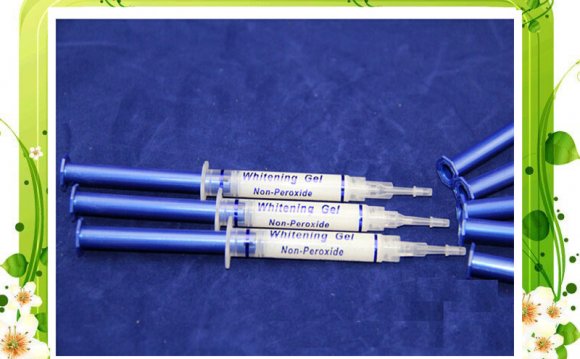
See Your Dentist First
Get a professional cleaning and mouth exam, even if you decide to whiten your teeth at home. You might only need a thorough cleaning to restore your smile's sparkle.
Your dentist will also look for cavities and check the health of your gums during the exam. Treating any problems before you whiten is safer for your mouth.
Ask your dentist about which over-the-counter system to use and how much lightening you can expect. Teeth do darken with age, and the amount of color change varies from person to person.
Shop Wisely
At-home whiteners have peroxides, typically carbamide peroxide, in amounts ranging from 10% to 20%.
Choose a product with a peroxide level somewhere in the middle of that range. If the product doesn’t bother your mouth but doesn’t provide the lightening effect you want, you can choose a higher level. If you have any questions, your dentist can help you find the whitener that best fits your needs.
Follow Directions
Don’t leave the strips or gels on longer than advised - you might wind up with sore gums and set yourself up for other problems.
After you whiten, avoid soda, sports drinks, or other acidic beverages for a couple of hours to protect your teeth.
When Not to Whiten
To be on the safe side, pregnant women or nursing mothers should postpone teeth whitening.
Porcelain or composite dental crowns and bondings won't lighten up. So if you change the color of the teeth around them, you might wind up with an uneven smile.
Protect Sensitive Teeth
Your teeth may become mildly sensitive after you whiten, but it’s usually short term. It might be less of an issue if your teeth and gums are in good shape. If it bothers you, stop the treatment and talk to your dentist.









